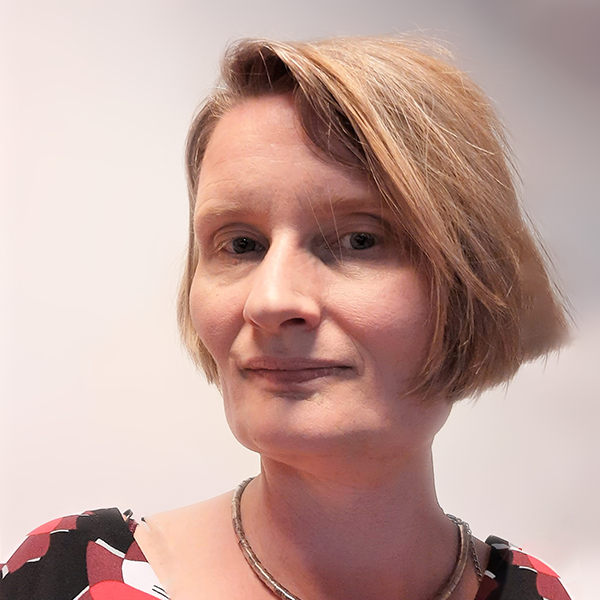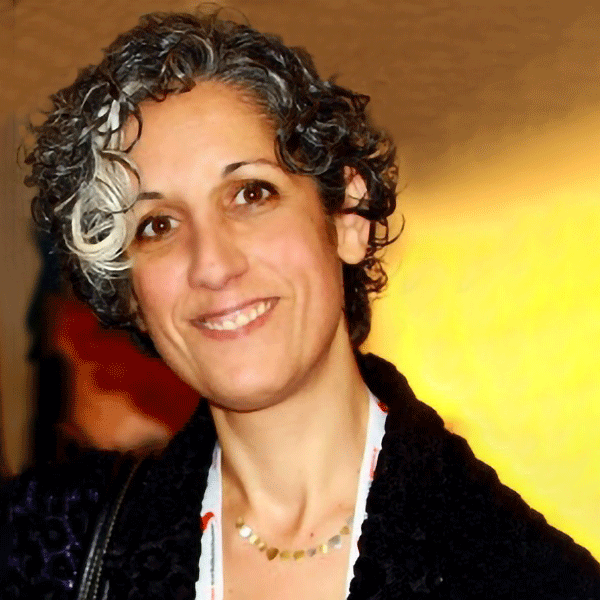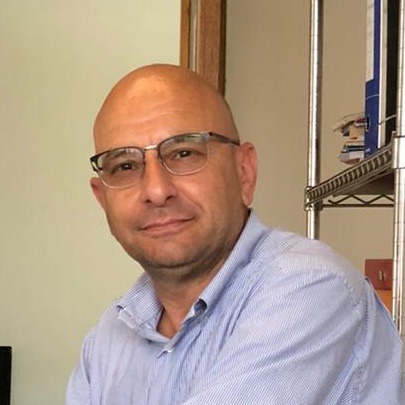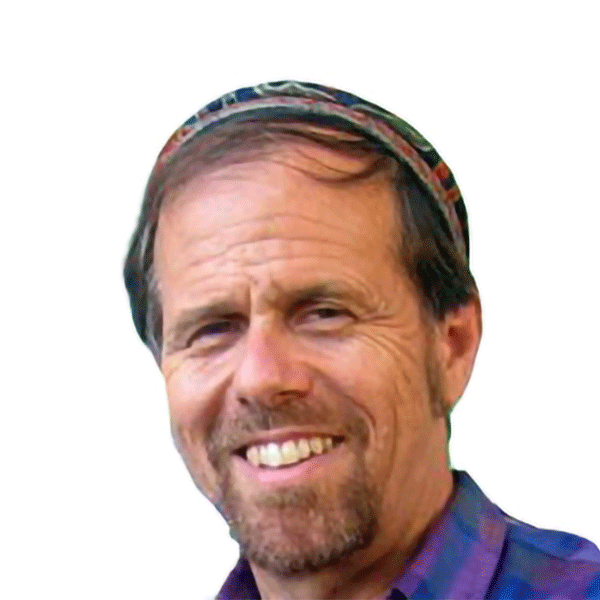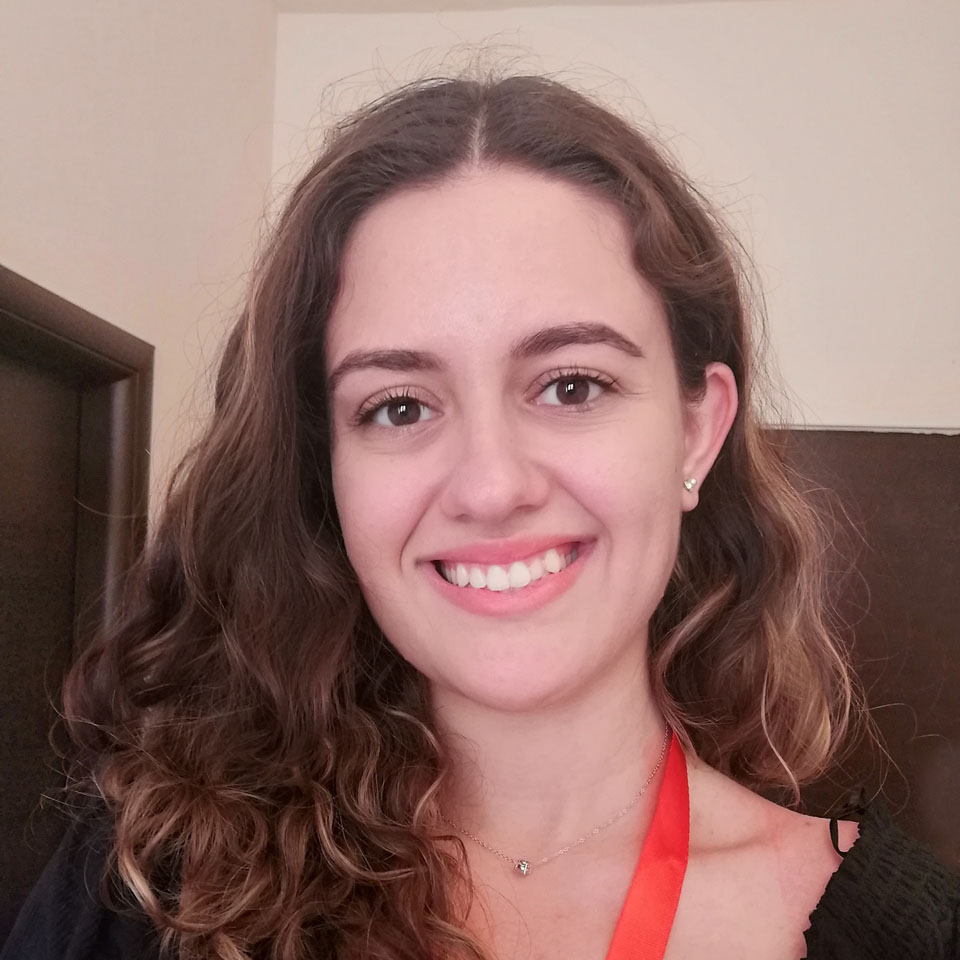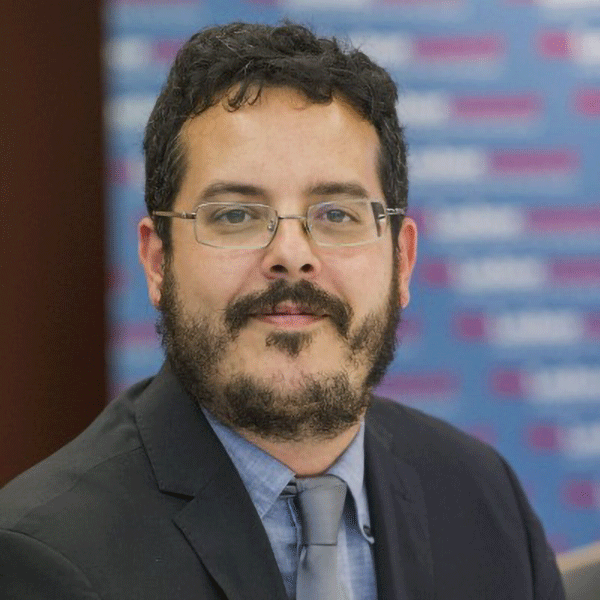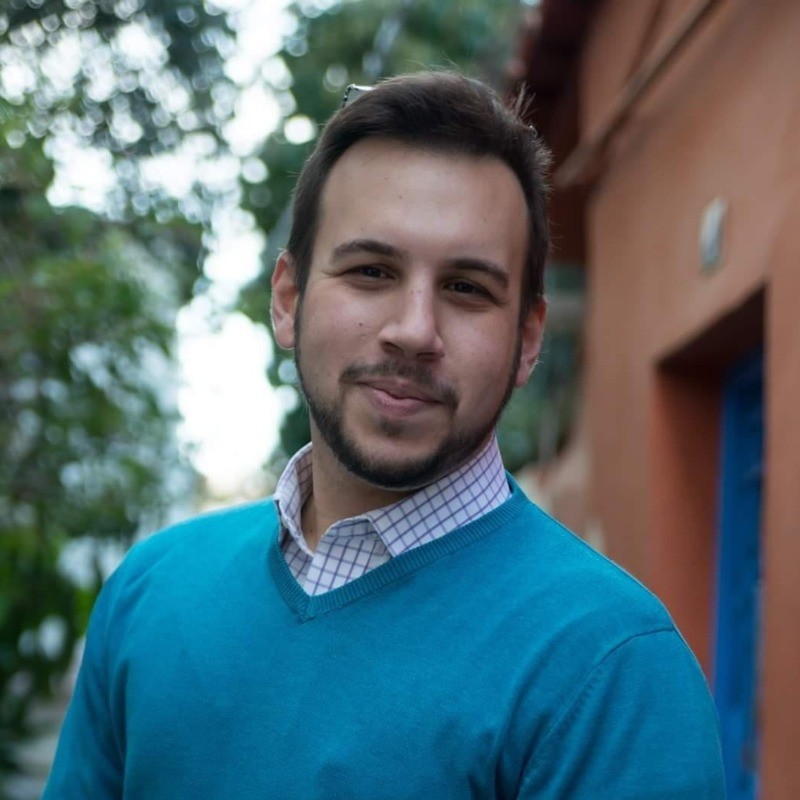The Surrounded by Science project is coordinated by the University of Twente in the Netherlands and partnered by seven organisations from Greece, France, Portugal, Italy, Belgium, Israel and Norway.
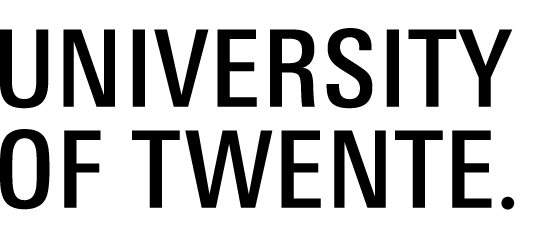
University of Twente
The University of Twente (UT) is an entrepreneurial research university located in Enschede in the Netherlands. It was founded in 1961 and offers education and research in areas ranging from technological to behavioural sciences. It houses approximately 10,000 students and 3,300 staff members. The department participating in Surrounded by Science is the Department of Instructional Technology (IST) that is part of the Faculty of Behavioural, Management and Social Sciences (BMS). IST studies and designs systems or environments (human and/or machine) for the acquisition of knowledge and skills. Its members have extensive experience in the design and evaluation of ICT-based learning environments for science education. This has led to a number of products that are actually used in schools (KMQuest), often at a large (Go-Lab, Next-Lab, GO-GA), and incidental commercial scale (SimQuest applications), and also at a full commercial, world-wide scale (ZAP).
Show more
UT will be leading the scientific and administrative coordination of the project. Moreover, it will be responsible for the design and development of the research methodology that will facilitate the identification of good science learning practices outside the classroom. UT will also be leading the technical development work of the Surrounded by Science digital toolbox. UT will implement the research activities in selected case studies in the Netherlands and will have a major role in the impact assessment as well as in the design of the accreditation scheme and the exploitation and dissemination activities.
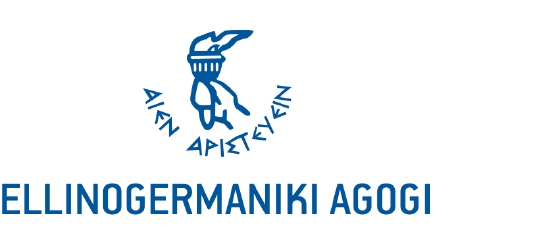
Ellinogermaniki Agogi
Ellinogermaniki Agogi (EA), located in the greater area of Athens, Greece, is one of the most innovative schools in Europe. It has 2,500 students (ages 5 to 18 years old) and 250 teachers in different disciplines. EA has a very strong vision-generated interest and rich research and development activity in the fields of Inquiry Based Science Education (IBSE), Project Based Learning (PBL), and STEM education in combination with digital, online based learning environments and tools that use virtual reality, augmented reality and story-based education. In more than 20 years of activity, EA’s R&D Department has coordinated or been involved in numerous national and international collaborative projects, networks and initiatives, which have established EA as a leading pioneer in innovative approaches to learning, teaching and teacher professional development, especially in connection to science education and educational technology.
Show more
EA will be leading the communication and dissemination of the project. It will also support the development of the project’s research methodology by identifying exemplary science activities that will be included in the project’s inventory of case studies. EA will also be involved in the conceptual design of the digital toolbox and will implement research activities in Greece. Finally, EA will support the impact assessment, and lead the findings of this assessment that will inform the overall exploitation strategy of the project.

European Physical Society
Created in 1968 the European Physical Society (EPS) is a not-for-profit association of physicists for physics. At that time, when European integration was more dream than reality, the establishment of the EPS was a “demonstration of the determination of scientists to make their positive contribution to the strength of European cultural unity” (from the inaugural address, G. Bernardini, EPS President, Geneva 1968). The EPS continues to play an important role in enhancing communication among physicists in Europe, and in bringing major issues in physics and science to the attention of the general public and policy makers. The 42 EPS Member Societies (in 42 countries) represent over 130,000 physicists throughout Europe. Over 3,000 physicists participate directly in the EPS as Individual Members. European research institutions, universities and companies are represented as Associate Members.
Show more
EPS will support the research implementation on a European level, involving activities of its members in various countries. EPS will activate its entire network of national associations from around Europe, spreading and multiplying the impact of the Surrounded by Science project by supporting and guiding science organizations and encouraging them to become involved in the project’s activities. Moreover, EPS will support the networking and clustering with education policy makers.

NUCLIO
NUCLIO is a non-profit association and a NGO for development created in 2001 with the main aim of promoting the inclusion of active research as a tool for science learning in schools. NUCLIO’s activities include training teachers in the use of new technologies, innovative methodologies, promotion of real and contemporary research in classrooms where students are introduced to the scientific methods using robotic telescopes, data mining, and other advanced tools for science learning. NUCLIO has been involved in several EU projects as national coordinator for Portugal and more recently as coordinator of a few projects aiming to introduce innovative practices for science learning in formal and informal settings.
Show more
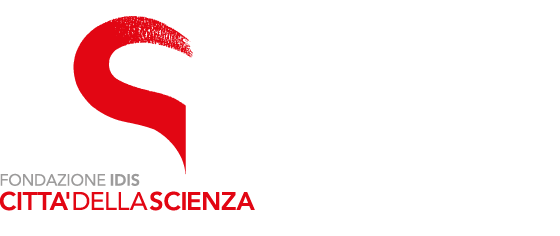
Città della Scienza
Fondazione IDIS-Città della Scienza is a scientific pole located in Naples, Italy, and dedicated to the dissemination of scientific and technological culture, as well as to the innovation of the educational and business systems. One of the main values is to reinforce scientific citizenship in order to bring the science outside of the realm of laboratories through an open dialogue with citizens and stakeholders. Hence, following the quadruple helix model, Città della Scienza aims at creating an efficient relationship between science, innovation, and society for the economic and social development at a regional level. It boasts a number of scientific collaborations with major museums and scientific Institutions in Europe and worldwide.
Show more
Città della Scienza will lead the research implementation of the project given its vast experience in the development of informal science education and outreach activities that intent to entertain but also educate teachers, students and the general public. Furthermore, Città della Scienza’s rich collections and innovative activities in out-of-school science education are offering unique opportunities for implementing the research methodology and promoting the use of the digital toolbox developed in the framework of the project.
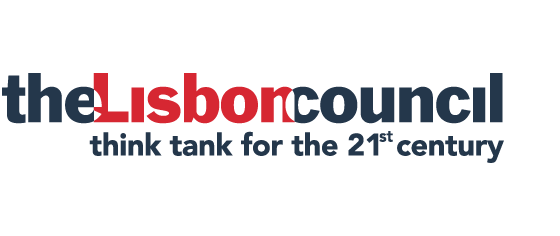
The Lisbon Council
Founded in 2003 as a non-profit association, The Lisbon Council for Economic Competitiveness and Social Renewal (LC) was set up to intellectually accompany the Lisbon Agenda, Europe’s original growth and jobs programme. The organisation quickly positioned itself as a “go-to-place” for unconventional, out-of-the-box thinking and research, attracting senior leaders from its very early days. Over time, a pronounced focus on innovation, innovation in the public sector, digital technologies, human capital and skills developed,all couched in the broader context of “growth and jobs”. In particular, back in 2008, when most of the policymaking debate was focusing on innovation in the private sector, the Lisbon Council was one of the first to focus on innovation in the public sector, which represents in Europe half of the economy.
Show more
LC will be leading the effort to prepare the exploitation of the project’s results. It will, therefore, prepare a roadmap for an accreditation scheme for informal science engagement organizations by proposing opportunities for them to effectively integrate informal activities with formal science education policies and strategies. Furthermore, it will tap into its very active and dedicated network across Europe to support the dissemination of the project’s activities and results.
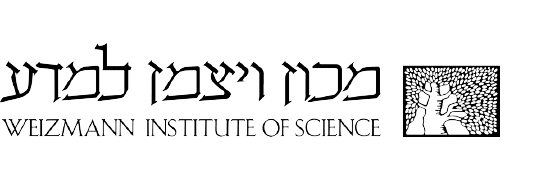
Weizmann Institute of Science
The Weizmann Institute of Science (WIS) is one of the world’s leading multidisciplinary research institutions. WIS has five faculties: Mathematics and Computer Science, Physics, Chemistry, Biochemistry, and Biology, which are divided into 17 scientific departments and a Department of Science Teaching. The Feinberg Graduate School, the Institute’s university arm, trains research students pursuing graduate degrees. WIS houses the Davidson Institute of Science Education, a non-profit organization that serves as the educational arm of the Weizmann Institute. The mission of the Davidson Institute is to connect people to science; therefore, it initiates, organizes and operates a wide range of educational programs for students, parents and the general public, as well as for teachers and academics, in both government and education.
Show more
WIS will be leading the key activities for the project’s impact assessment by coordinating the design and implementation of the impact assessment methodology of the proof-of-concept experiments on the target audiences. WIS has internationally recognized expertise in the assessment and impact analysis of science activities in both formal and informal/non-formal science learning settings. WIS will also support the design of the research methodology, ensuring a good connection to the assessment and implementation of the research in selected case studies in Israel.
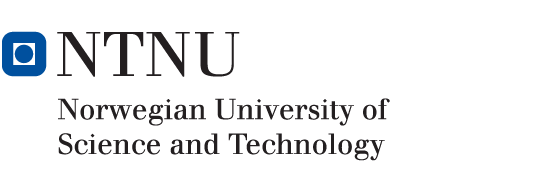
National Technical University of Norway
The Norwegian University of Science and Technology (NTNU) is Norway’s university for higher education in technology and the natural sciences. NTNU has 7 faculties and 52 departments and more than 100 laboratories, many of which are national resources used both in research and teaching. NTNU contributes high-level expertise in the fields of STEM and computer science education and learning technologies, with rich experience in organizing creative learning activities in close collaboration with communities, stakeholders and the society at large. NTNU has years of conceptual, methodological and technical knowledge and experience in conducting various field studies based on this knowledge and experience to educate and support young people to become critical citizens and have an active civic participation.
Show more
NTNU’s main task in the project is to support the development of the digital toolbox and specifically the Science Chaser app by designing the gamification features that will make the app more appealing and interesting to use. NTNU will also support the analysis of the data collected through the Science Chaser app by helping to visualise the data collected during the impact assessment of the effect of selected out-of-school science activities on users’ science proficiency.
Project Leads
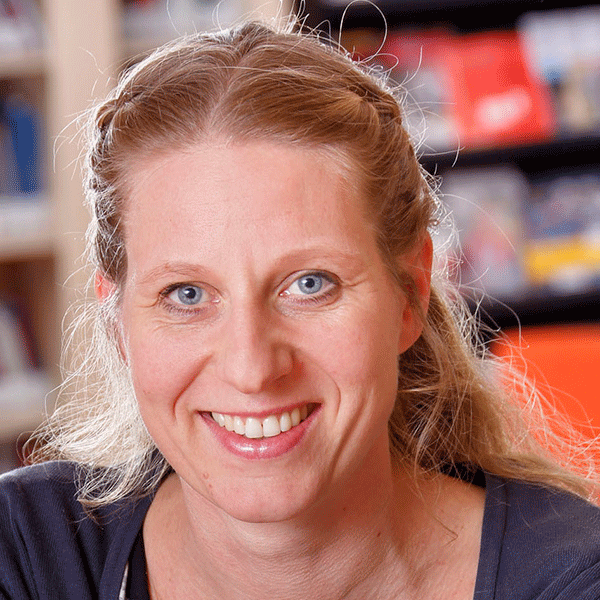
Dr. Tessa Eysink
Project Coordinator / Management & Coordination Lead
University of Twente
